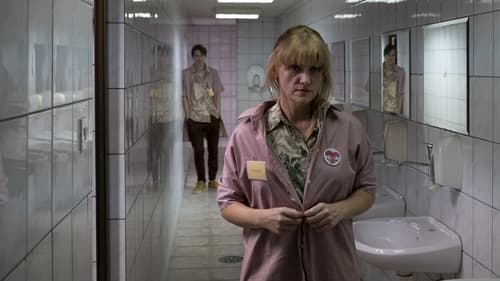
Aida
Asja, a 40-year-old single woman living in Sarajevo, who meets Zoran, a 43-year-old banker, at a dating event. Zoran is not there looking for love though, but for forgiveness. During the war in 1993 he was shooting at the city from the opposite side, and he wants to meet his first victim. Now, they both have to relive the pain in their search for forgiveness.
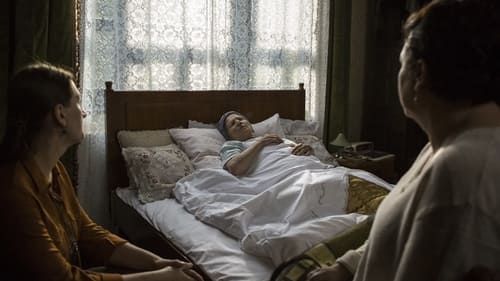
Stojanka
April 1992. Members of a large family strewn around the former Yugoslavia gather around the death bed of their elderly matriarch. She is not well, but the forecast of a family doctor that her death is a matter of minutes away proves incorrect, so the waiting stretches out for days. Relatives start bickering, playing tricks and arguing over the inheritance to be left by the old woman, especially over her large family house in Sarajevo. Despite her deteriorating health, Grandma happily joins the fray. It appears as if that might be what is keeping her alive. Family feuds and intrigues directed against one of the sisters are more important to the family than the clear, terrifying signs of an approaching cataclysm. When the scheming is finally revealed, it is too late. A war has begun in Sarajevo.
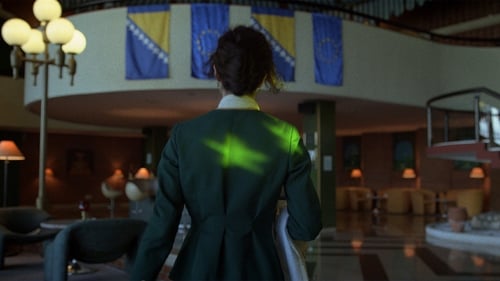
Vedrana
Sarajevo on 28 of June, 2014. At the Hotel Europa, the best hotel in town, the manager Omer prepares to welcome a delegation of diplomatic VIPs. On the centenary of the assassination that is considered to have led to World War I, an appeal for peace and understanding is supposed to start from here. But the hotel staff have other worries: having not been paid for months, they are planning to go on strike. Hatidza from the hotel laundry is elected strike leader even though her daughter Lamija, who works in reception, is firmly against industrial action. Meanwhile, in the sealed-off presidential suite, a guest from France rehearses a speech. Elsewhere, a television reporter conducts interviews about war and its consequences. Was Gavrilo Princip, the 1914 assassin, a criminal or a national hero? What long shadow does his deed cast into the present?

Senada
Family Susic lives everyday Bosnian story. Father Muhamed (63) is employed in a reputable company; mother Marija (60) is retired. Son Sasa (35), who spent the war in Army of Bosnia and Herzegovina, lives with his parents, while their daughter Senada (40) lives in Slovenia. Their life begins to fall apart because of father's dissatisfaction after his company is sold on the stock exchange, Sasa's negligent attitude towards work and family, Marija's breast cancer diagnose. When problems begin to line up Muhamed and Sasa realize that actually only family is important, that it is man's last oasis

Josip
Marco is caught into a situation where he is unable to protect himself or his son.
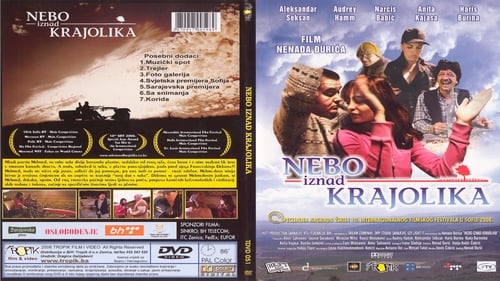
Šerifa
At the top of the rugged Bosnian mountain, young shepherd Mehmed patiently watches over his cows and lovingly carves the figure of a woman in a piece of wood. Almost on cue, a novice paraglider unexpectedly falls from the sky. Deborah speaks only French and he speaks only Bosnian, but they tentatively communicate, and she accepts the hospitality offered by Mehmed's mom: a bed and a meal of "mountain-style" tripe. Love soon bridges the cultural divide, and the story develops into a series of hilarious escapades showcasing the beautiful landscape and local sounds
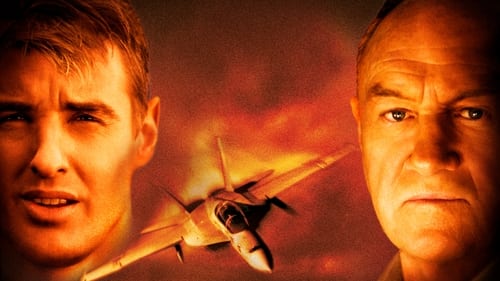
Serb Anchor
舞台は、1992年に起きた旧ユーゴスラビアの民族紛争が一応解決し、和平が結ばれているボスニア。米海軍大尉クリス・バーネットは、平和を維持するための軍務に意味を見出せず、レイガート司令官と衝突する。そして、本来は休暇であるクリスマスに、レイガート司令官はボスニア上空からの撮影任務を命じる。相棒のスタックハウスと共に空母カール・ビンソンから発艦したF/A-18Fは、ボスニア上空を飛行中、飛行ルートを外れた地帯にレーダー反応を探知。そちらへ向かうと地上に兵器が映り、カメラでの録画に成功する。しかし突然、地対空ミサイル(SAM)による攻撃をうけて撃ち落とされる。

Dado Bratovic is comic-strip artist from Sarajevo. In 1996, after the war, he goes to get his ID card issued and finds out that he was reported dead just after the war started in 1992. Now he has to prove that he is alive.
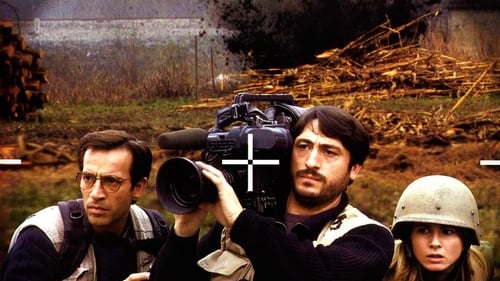
Mujer violada
Spanish TV reporters covering the War in Bosnia. Based on true experience.

An alcoholic Bosnian poet sends his wife and daughter away from Sarajevo so they can avoid the troubles there. However, he is soon descended upon by a pair of orphaned brothers. The brothers have escaped a massacre in their own village and have come to the Bosnian capital in search of a long lost Aunt. The poet befriends the boys and together they try to survive the horror of the siege of Sarajevo.







